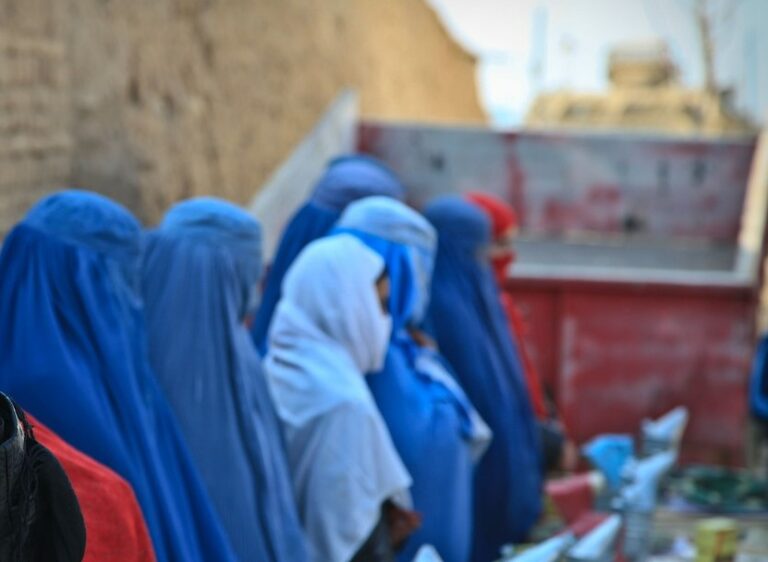Women are banned from universities in Afghanistan, the Taliban administration has established this. Recently, the Minister of Higher Education announced the measure, which will take immediate effect.
A ban that further restricts women’s education and access to university. Girls have already been excluded from secondary schools since the Taliban returned last year.
Table of Contents
Taliban ban women from university, the international reaction
The international reaction was harsh. The UN Special Rapporteur for Afghanistan said that this is ‘a new regression that further violates the right to equal education and intensifies the elimination of women from Afghan society’.
According to the US, ‘the Taliban cannot expect to be a legitimate member of the international community until they respect the rights of everyone in Afghanistan’, as Secretary of State Antony Blinken stated. And such a move will have ‘consequences for the Taliban’.
Today, some women organised small protests in the capital. ‘We are taking to the streets of Kabul to raise our voices against the closure of women’s universities’.
The situation of women in university in Taliban-ruled Afghanistan
Only three months ago, thousands of women had taken university entrance exams in most provinces of the country. There were, however, already severe restrictions on the faculties in which they could enrol: Engineering, Economics, Veterinary Science and Agriculture were banned, and Journalism severely restricted.
Universities, in short, had adopted discriminatory rules against women – separate entrances and lecture halls by gender, and among lecturers only women or senior men – as early as 2021, since the Taliban’s return to power. Many, in fact, have given up studying because of ‘too many difficulties’.
“They destroyed the only bridge that could connect me to my future,” one Kabul University student explained to the BBC. “I thought I could study and change my future or bring light into my life, but they destroyed it.”
Another, who has studied Islamic Sharia law, argues that the Taliban’s order ‘contradicts the rights that Islam and Allah have given us. They should go to other Islamic countries and see that their actions are not Islamic’.
The Taliban government in Afghanistan
Last year, after the seizure of power and the US withdrawal from the country, the Taliban promised a more moderate government, but the hardliners continued to obstruct women’s rights and freedoms.
Taliban leader Hibatullah Akhundzada and his circle opposed modern education, particularly for women. More moderate officials have opposed it, and according to analysts, this issue has been a point of division between the factions throughout the year.
However, yesterday, the Ministry of Education stated that attendance for girls will be suspended ‘until a suitable environment is provided’. He assured that such an environment will soon be provided and that, therefore, ‘citizens need not be worried’.
In March, however, the Taliban had promised to reopen some high schools for girls, but did not do so. The ban on attending university is only the latest of the restrictions that have affected women in recent months. In November, they were banned from parks, gyms and hammams in the capital.
Read also: 6 countries that are leading the world for women in politics












